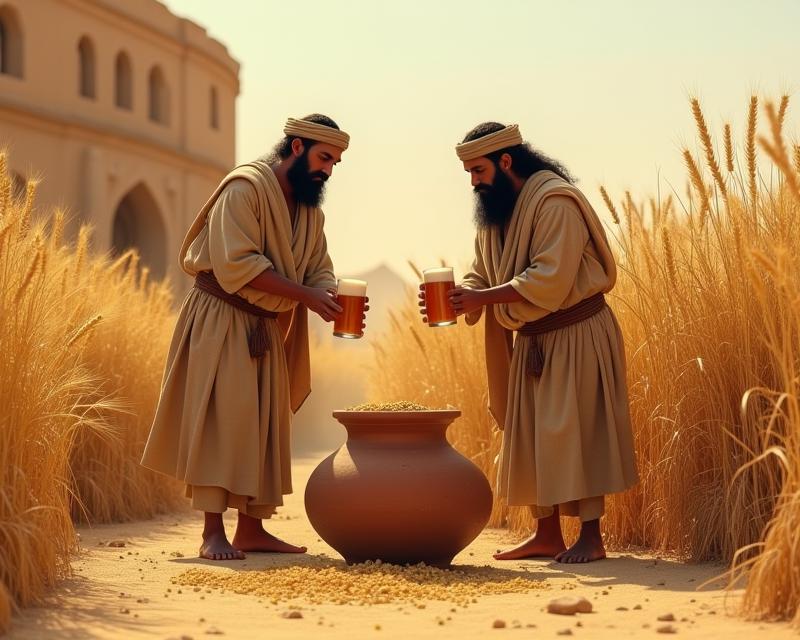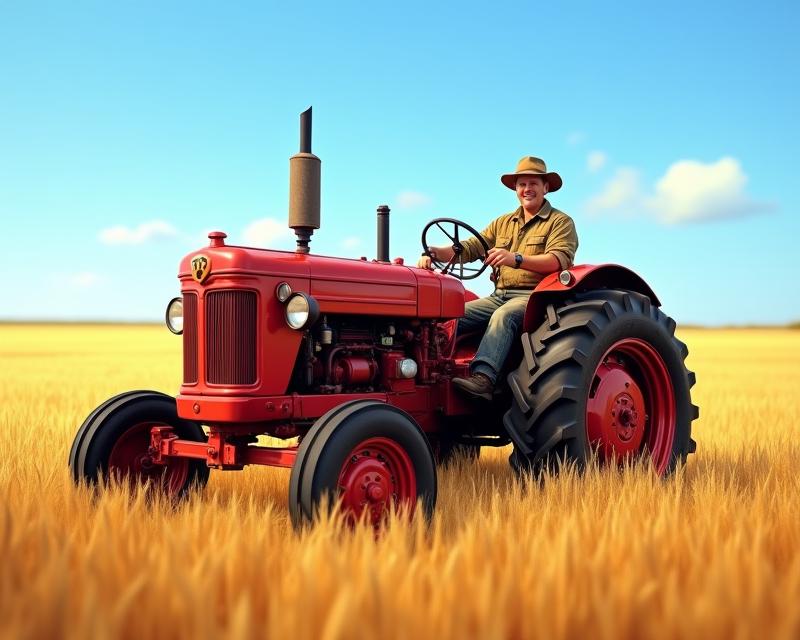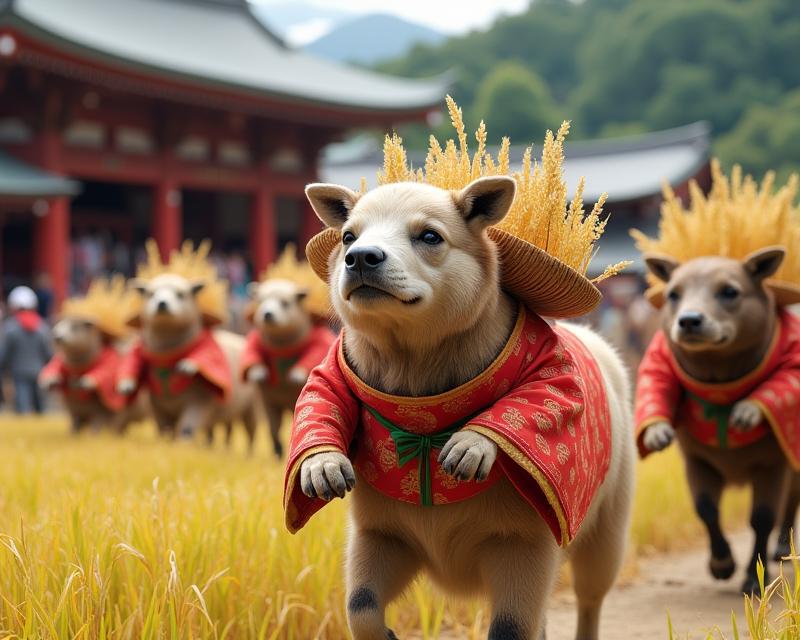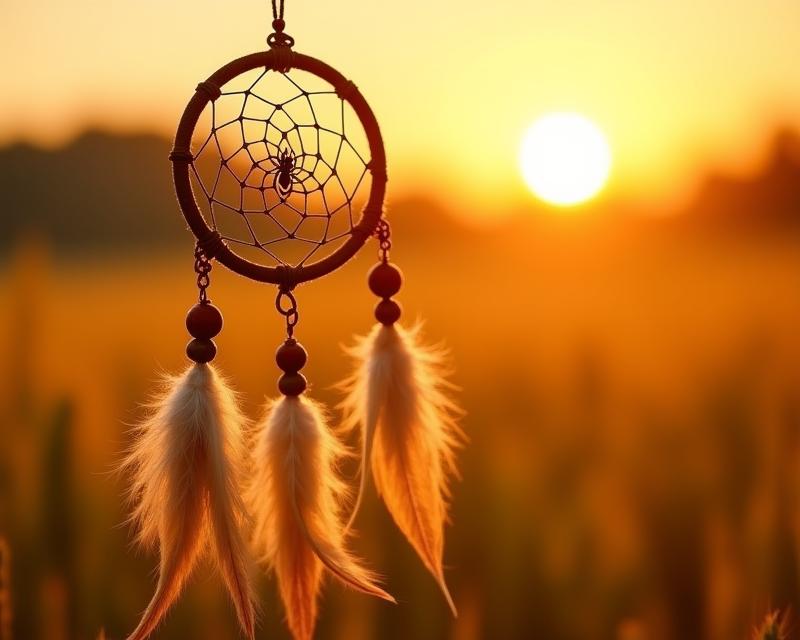Ancient Japan's Harvest Celebrations
Publish in Farm Life el 04/07/2025 15:57
Ancient Japan's Harvest Celebrations
Farmers, gardeners, and ranchers, have you ever wondered about the deep historical roots of our traditions? Across the globe, agricultural practices are intertwined with cultural beliefs, and Japan is no exception. For centuries, ancient Japan celebrated the harvest with vibrant festivals deeply connected to Shinto, the indigenous religion. These weren't just parties; they were vital rituals ensuring a bountiful future and honoring the spirits of the land.
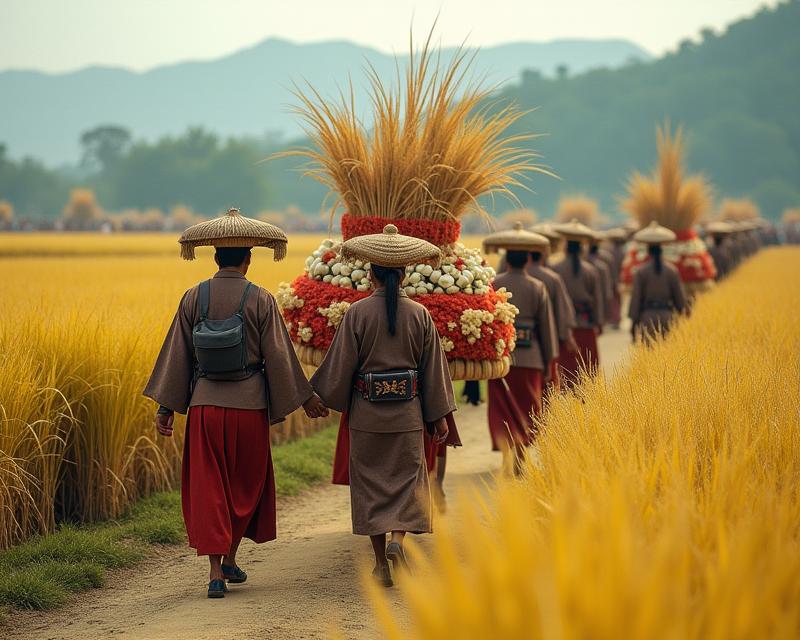
Shinto emphasizes the sacredness of nature – mountains, rivers, trees, and, of course, the land that provides our food. Agricultural festivals, known as *matsuri*, were a way to give thanks to the *kami*, the spirits believed to inhabit these natural elements. These festivals often coincided with key moments in the agricultural cycle: planting, growth, and most importantly, the harvest. They were a plea for continued blessings and a way to maintain harmony between humans and the natural world.
These ancient festivals varied regionally, but common themes emerged. Many included elaborate processions featuring decorated floats carrying offerings of rice, sake (rice wine), and other seasonal foods. Performances, often involving traditional music and dance, were performed to entertain the *kami* and ensure their favor. Rituals aimed at purifying the fields and ensuring a successful harvest were also central. Think of it as a combination of a harvest celebration and a spiritual renewal for the community. The festivals weren't just about thanking the spirits; they were about reinforcing community bonds and passing down agricultural knowledge through generations.
The connection between these ancient Shinto beliefs and modern agricultural practices is fascinating. While the religious aspects may have evolved, the underlying respect for the land and the importance of a successful harvest remain. Understanding these historical roots can give us a deeper appreciation for the traditions we carry on today. It reminds us that farming isn't just about planting seeds and tending crops; it's about a connection to something larger than ourselves – a connection to the land, to our ancestors, and to the enduring cycle of life. Perhaps incorporating elements of this mindful approach can enrich your own farming journey. Consider the spirit of gratitude and respect when you tend to your crops, and you might find a renewed sense of purpose.

